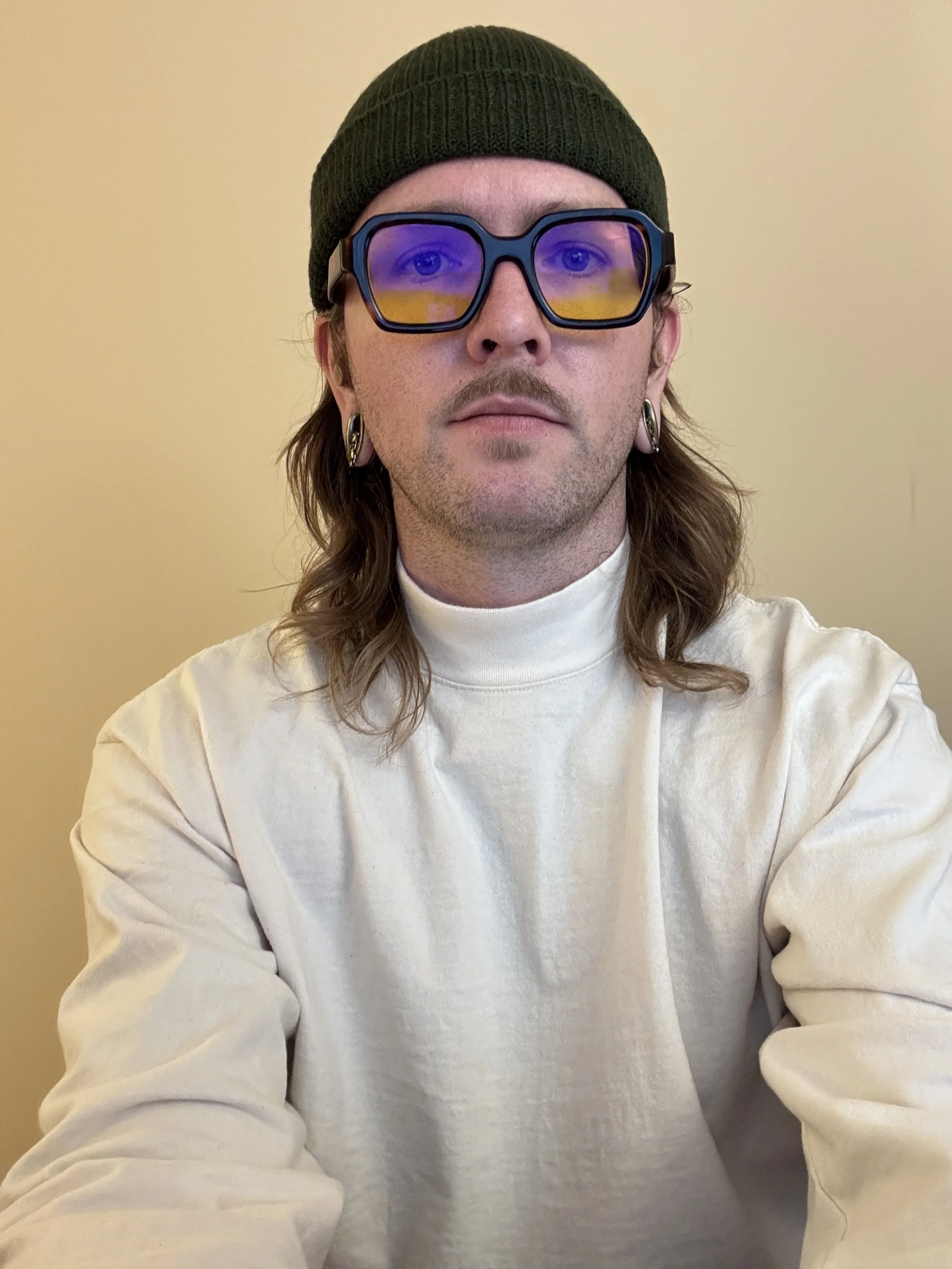About Me
Hello! I am Logan Heard, an M.A. student in International Studies with a minor in Queer Studies at the University of Wyoming. As a queer-centric social science researcher, my work focuses on queer invisibilities in transitional justice practice, particularly in post-conflict Northern Ireland. More broadly, I explore the intersections of queer identity and structural violence in peacebuilding and post-conflict justice. My secondary interests include queerness and disability in migration, queer identity in rural spaces, and queer histories.
Beyond research, I am in the early stages of developing Queer Reconciliation Across Landscapes (QuRAL), an adaptive mediation process that utilizes photovoice and participatory research methods to help reshape perceptions of queer identities in rural communities. Through guided conversations and action-oriented engagement, QuRAL fosters understandings of the different and similar ways in which individual identity intersects with social institutions in ways that promote inclusion and understanding.
Before pursuing academia, I worked as an independent hairstylist, an experience that strengthened my ability to connect with diverse individuals, navigate complex interpersonal dynamics, and build trust—skills that now inform my approach to research, facilitation, and advocacy. My work is guided by curiosity, analytical thinking, and a commitment to fostering dialogue and solutions that matter.
I hold a B.A. in Political Science from the University of Wyoming and for my Master’s research I have been awarded a research grant from the Center for Global Studies. Outside of my academic and professional pursuits, I enjoy making delicious food, nurturing my houseplants, and spending time in nature with my friends, my partner Ryan, and our Shiba Inu, Archie. Originally from Norman, Oklahoma, I have lived and worked across the West Coast and the Rocky Mountain region, including Los Angeles, Portland, Denver, Boulder, and Laramie.
I am always looking to connect with academics engaged in social sciences, interdisciplinary research, and pragmatic solutions, as well as rural institutions and organizations interested in implementing QuRAL practices to foster inclusive community engagement.
